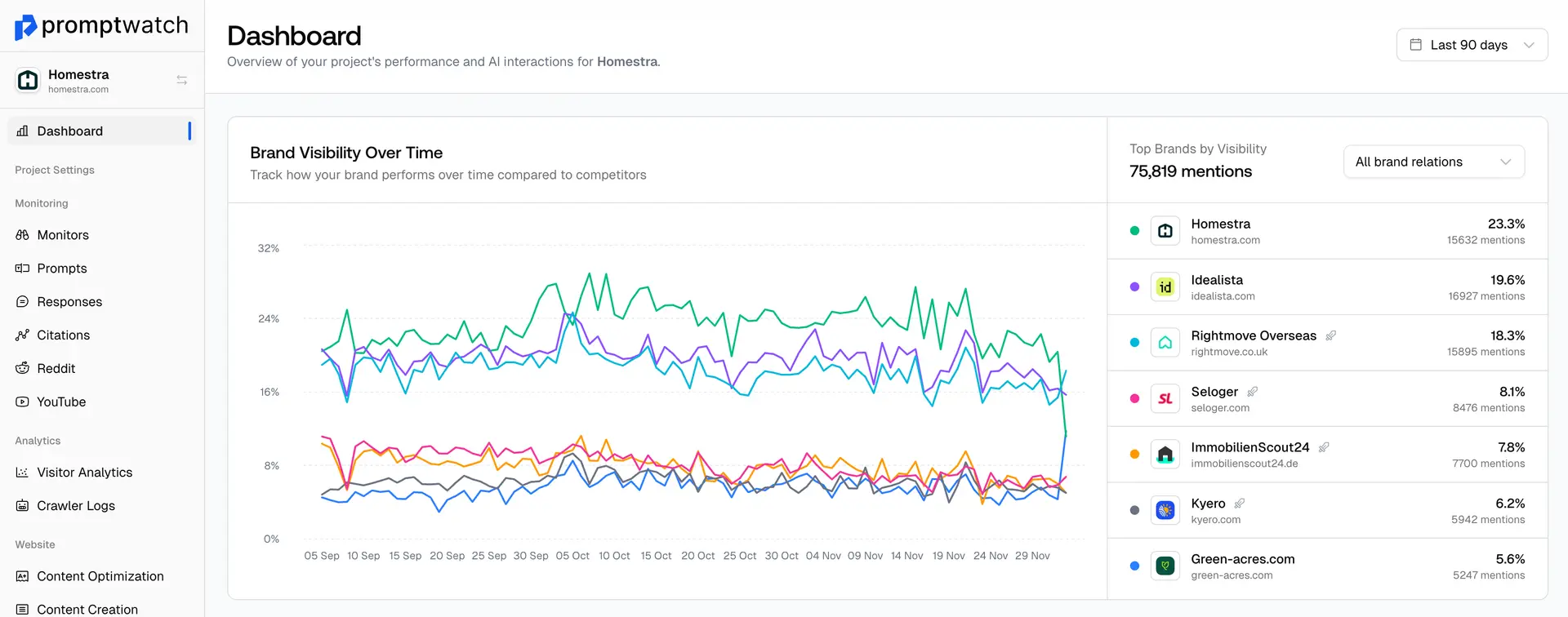As AI tools like ChatGPT, Perplexity, and Claude become go-to sources for information, a major shift is happening: people are asking questions, not searching keywords. The answers are no longer ranked — they're generated.
This is where Generative Engine Optimization (GEO) comes in.
What Is GEO?
Generative Engine Optimization (GEO) is the process of making your brand, content, and expertise visible within AI-generated answers. Unlike traditional search where you click through links, AI search tools often synthesize information from multiple sources to provide a direct answer.
Instead of just showing a list of options, an AI might say: "Based on analyzing several top sources, the leading solutions for X are Brand A, Brand B, and Brand C." GEO focuses on ensuring your brand is part of that synthesized answer by influencing how large language models (LLMs) understand and reference your content.
GEO vs. SEO
Factor
Traditional SEO
Generative Engine Optimization (GEO)
Primary Goal
Rank high in search results (Google, Bing)
Be included/cited in AI-generated responses (ChatGPT, Perplexity)
Focus
Keywords, backlinks, technical SEO, E-E-A-T
Content quality, clarity, structured data, authority signals
User Interaction
Users click links to find answers
AI delivers summarized answers directly
Content Source
Indexed web pages
Multiple sources (websites, APIs, databases, research papers)
Outcome
Traffic through clicks from ranked results
Brand visibility and authority within generated answers
Why It Matters
Generative engines are already replacing traditional search for millions of users seeking direct answers. If your content isn't optimized for how these AI models gather and present information, your brand risks becoming invisible in this rapidly growing channel.
Tips for Improving Your GEO
- Optimize for Questions: Frame content to directly answer the "what," "how," and "why" questions your audience asks. Use conversational language, FAQs, and Q&A formats that AI tools can easily parse.
- Embed Authority Signals: Reinforce credibility by including data, statistics, references to reputable sources, and expert quotes. AI models prioritize factual, well-supported content.
- Use Structured Data: Employ clear headings, bullet points, lists, and tables. Well-structured content is easier for AI to extract, understand, and summarize accurately. Start with the key takeaway (Inverted Pyramid Model).
- Leverage Core SEO Best Practices: Foundational SEO principles remain crucial. Domain authority, high-quality backlinks, and demonstrating Experience, Expertise, Authoritativeness, and Trustworthiness (E-E-A-T) signal reliability to generative engines. Always write content for humans first.
How to Monitor GEO
Tracking GEO effectiveness presents new challenges, primarily "lost attribution." Users might discover your brand in an AI answer but then search for you directly on Google, making the AI's role invisible in standard analytics.
While dedicated GEO tracking tools are emerging, you can start by:
- Manually checking AI platforms (ChatGPT, Perplexity, Gemini) for mentions of your brand or relevant keywords.
- Monitoring your web analytics for spikes in direct or brand search traffic that might correlate with AI visibility.
- Analyzing which content pages receive traffic from known LLM user agents (though this is often inconsistent).
Tools like Promptwatch can help by specifically tracking how often and in what context your brand appears in generative AI responses, providing direct insight into your GEO footprint and identifying areas for improvement.
GEO FAQ
1. What's the difference between GEO, LLMO, AIO, etc.? These terms largely refer to the same concept: optimizing for visibility in AI-generated answers. GEO (Generative Engine Optimization) is currently the most widely used term.
2. How is GEO different from SEO? SEO focuses on ranking in traditional search engine results pages (SERPs). GEO focuses on being included or cited within the direct answers generated by AI models like ChatGPT.
3. Why should I care about GEO? As more people use AI for information discovery, ensuring your brand is part of the generated answers is crucial for visibility, recognition, and establishing authority, even if it doesn't result in a direct click.
4. How can I improve my GEO? Focus on creating high-quality, factual, well-structured content that directly answers user questions. Build authority through data, citations, and strong SEO fundamentals.




